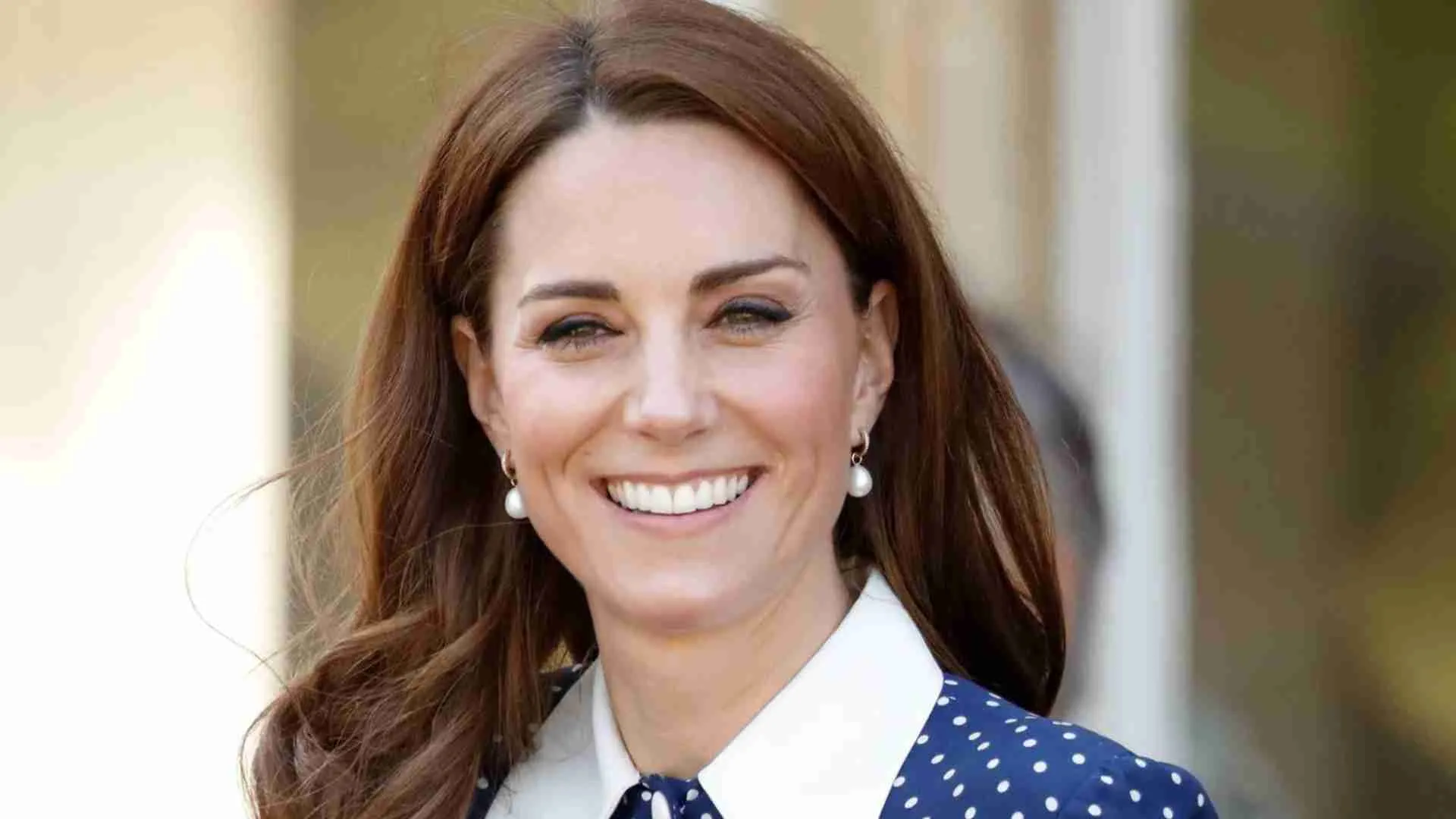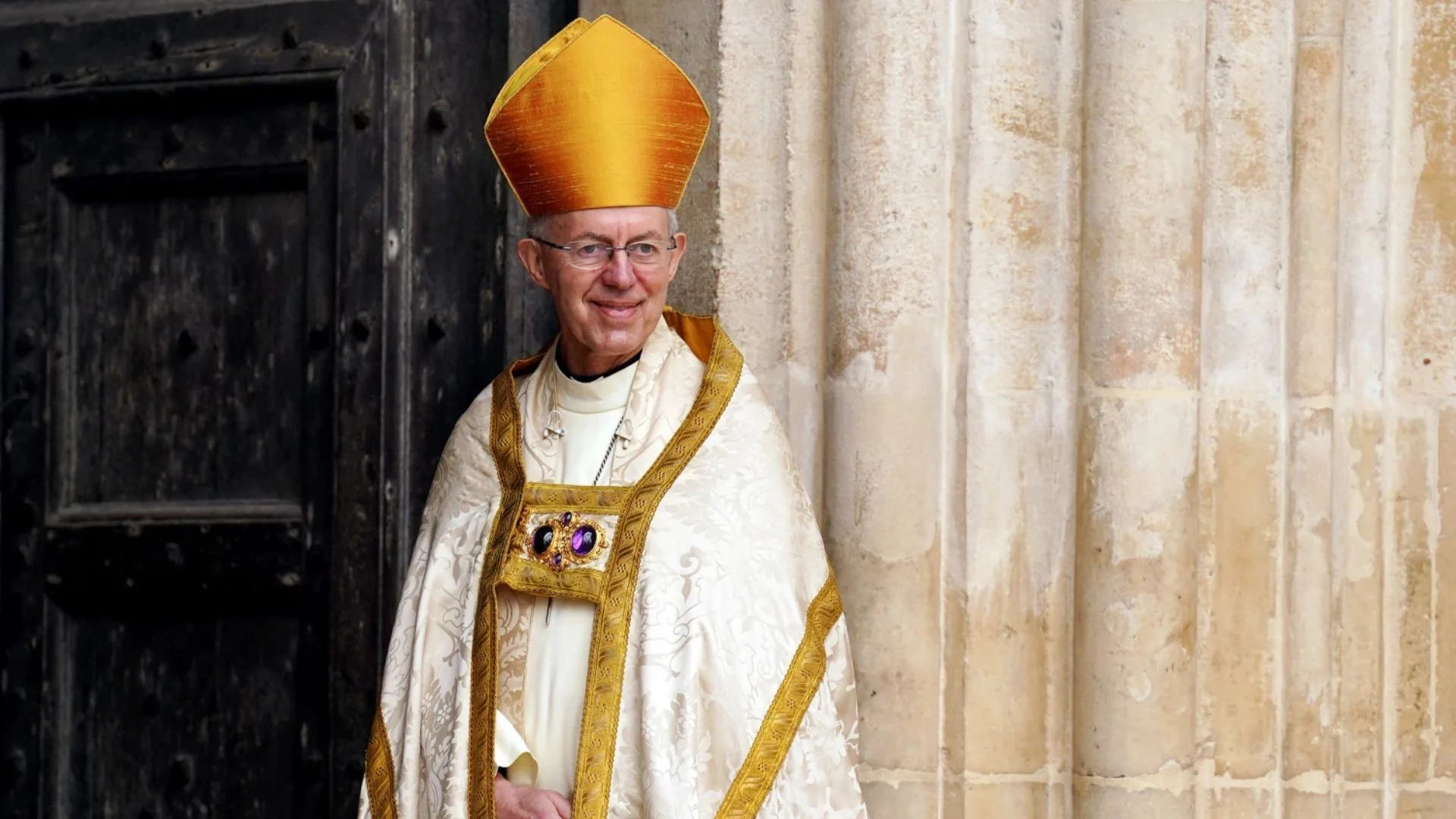From today onwards Bangladesh, which has been in the international human rights news for atrocities against Hindus and the recent conflict when the former prime minister Sheikh Hasina flee the country, will be following a neutral caretaker government system, the lawyers of the High Court Division of Bangladesh Supreme Court said.
The High Court Division of Bangladesh Supreme Court on Tuesday partially annulled the Fifteenth Amendment to the Constitution and reinstated the non-partisan, neutral caretaker government system, the lawyers said.
The High Court bench of Justice Farah Mahbub and Justice Debashish Roy Chowdhury gave the verdict. The main part of the judgment was read by Senior Justice Farah Mahbub.
Observing the judgment, the court said that the caretaker government was based on political consensus. That is why it has become the fundamental basis of the constitution.
The High Court, in its observation, said that the basic structure of the constitution was destroyed by the Fifteenth Amendment. But the Fifteenth Amendment will not be completely repealed.
The court also said that the basic structure of the constitution is democracy. Only fair and acceptable elections can establish democracy. The beauty of the constitution is the empowerment of the people, the people are the source of all power.
Also read: Gold Consumption in India To Grow 14-18 pc in FY 2025: ICRA Report
The Supreme Court of Bangladesh ruled to abolish the caretaker government system by the Fifteenth amendment of the constitution of Bangladesh in 2011.
On December 16, Bangladesh’s Chief Adviser Muhammad Yunus said that Bangladesh’s next general elections could be scheduled between late 2025 and the first half of 2026. He made the statement during his address to the nation on Victory Day, marking Bangladesh’s victory in the 1971 Liberation War.
In his address, Yunus emphasised the importance of political consensus to move forward with elections. He said, “If political consensus allows us, again, to conduct elections based on accurate electoral rolls with a few reforms, it may be possible to hold elections by the end of 2025.”
Yunus acknowledged, however, that additional time might be needed to implement the necessary reforms. He further said, “And if we add to this the extent of reforms expected in terms of the electoral process and the Electoral Reforms Commission’s recommendations and on the basis another six months may be required.”
He clarified that the timeline for the elections could be fixed between late 2025 and the first half of 2026. “Roughly speaking, the timing of elections can be fixed between the end of 2025 and the first half of 2026,” he stated.
His comments came amid political instability in Bangladesh. On August 5, a student-led movement ousted Prime Minister Sheikh Hasina after weeks of protests and violence that led to over 600 deaths. Hasina fled to India, and an interim government led by Yunus took charge.






















